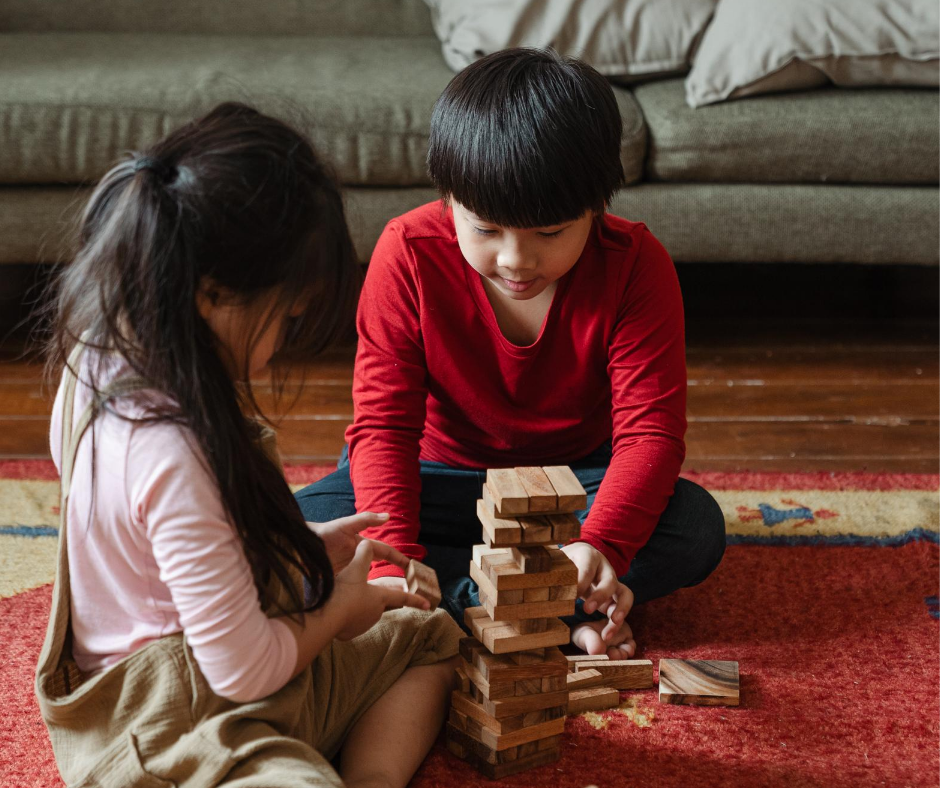 I’ve worked with kids and babysat for several families over the years, in which I’ve experienced some of the kids’ cutest, sweetest moments.
I’ve worked with kids and babysat for several families over the years, in which I’ve experienced some of the kids’ cutest, sweetest moments.
They’ve called “shut up” a “parent word.” They’ve looked for gray hairs after I joked about having them to make up for the fact people think I’m a teenager at 22 years old.
And they’ve been incredibly kind to me, showing excitement when I walk in the room, wanting to play with me and drawing lots of pictures for me.
When I babysit, I aim to be compassionate, responsible and punctual. I aim to be patient, friendly and encouraging.
But in this era of COVID-19, babysitting as a whole has changed. Some kids have to engage in online learning while parents have to navigate their jobs, if they still have them. Families and babysitters are worried about contracting COVID. Some college students aren’t coming to campus, in which they live in another state and can’t babysit for the same families. Many recent college graduates are struggling to find jobs and are turning to babysitting as a way to make money.
Babysitting is one of those jobs in which people really need to pay attention, be punctual and show love, but now, the requirements have increased and the implications have grown more serious. What does it mean to be a “great babysitter” during a global pandemic?
Here are seven tips:
Socially distance as much as possible and always wear a mask.
Adhere to the Centers for Disease Control and Prevention’s (CDC) guidelines for COVID-19. Avoid large groups of people, don’t throw or attend parties, only go out when necessary and wear a mask when you’re in public. Keeping the children and their families safe is of utmost importance.
Work with parents as much as you can with how much you charge.
Many families are struggling with job losses and unemployment, and even those who do have jobs have to pay extra childcare costs since their children can’t go to school. When parents ask your rate, be fair to yourself without asking too much of them, especially if you’re helping full time. Be willing to work with families on price depending on their needs.
Be patient with parents and kids — they’re also navigating this different, challenging world and may have extra mental health challenges.
Many parents have to navigate working from home while also attending to their children and making sure they’re doing everything they need to for school. Kids aren’t able to see their friends and have fun as often. Regulating our emotions at this time is especially difficult. This pandemic has messed up everyone’s schedules and coping mechanisms, so work hard to be patient with families, knowing we’re all struggling and doing our best.
Do what you can to help.
If you see a parent stressed out, ask how you can help and offer specific ways if that helps. Parents may need you to help make lunches, clean dishes, clean up the playroom or work a few extra hours. Set healthy boundaries, but do what you can to help. Be compassionate with yourself and the family. Be human.
Don’t flake unless you’re sick. If you worry you may be sick, let the family know as soon as possible and suggest trustworthy babysitters you know.
Work hard to be punctual every day. Set multiple alarms and give yourself plenty of time to get to the family’s house. Take care of yourself physically so you can be healthy and awake enough to help. If you worry you may be sick, be safe rather than sorry. Let the family know when you’re feeling sick and what your diagnosis is, if applicable. If you know responsible babysitters they could work with while you’re getting better, refer them so the parents aren’t left without someone to take care of their kids.
Encourage kids and serve as a light in their life, especially when you see them struggling.
The kids you work with may feel beaten down by their school assignments and situation. In these moments and in general, encourage them. Remind them they’re smart, important and worthy. Be a positive, bright light in their lives; cheer them up and have fun together when they’re done with their schoolwork. Be understanding and compassionate regarding their behavior and help them feel better as best as you can.
Take care of your own mental and physical health.
I love the saying about how we can’t pour from an empty cup and how we must take care of ourselves first. Truly, we can’t fully care for and help others if we aren’t doing well ourselves. Make sure you’re taking care of yourself emotionally and physically so you’re the best person and babysitter you can be.
Babysitting can take a lot of patience, understanding and love. It’s not easy, and your behavior is important. Do what you can to help the family while also doing what you need to do for your own health. Be empathetic, realizing we’re all experiencing extra challenges and we have been for a while. Enjoy all the cute, sweet moments you experience. Don’t say any “parent words,” and don’t joke you’re old enough to have gray hairs — or they’ll find gray hairs.
 Ashley Broadwater is a recent graduate of UNC-Chapel Hill, where she studied Public Relations in the Hussman School of Journalism and Media. She’s passionate about mental health, body positivity, relationships, Halloween and Dad jokes.
Ashley Broadwater is a recent graduate of UNC-Chapel Hill, where she studied Public Relations in the Hussman School of Journalism and Media. She’s passionate about mental health, body positivity, relationships, Halloween and Dad jokes.

There are no comments
Add yours